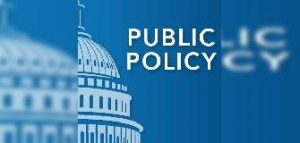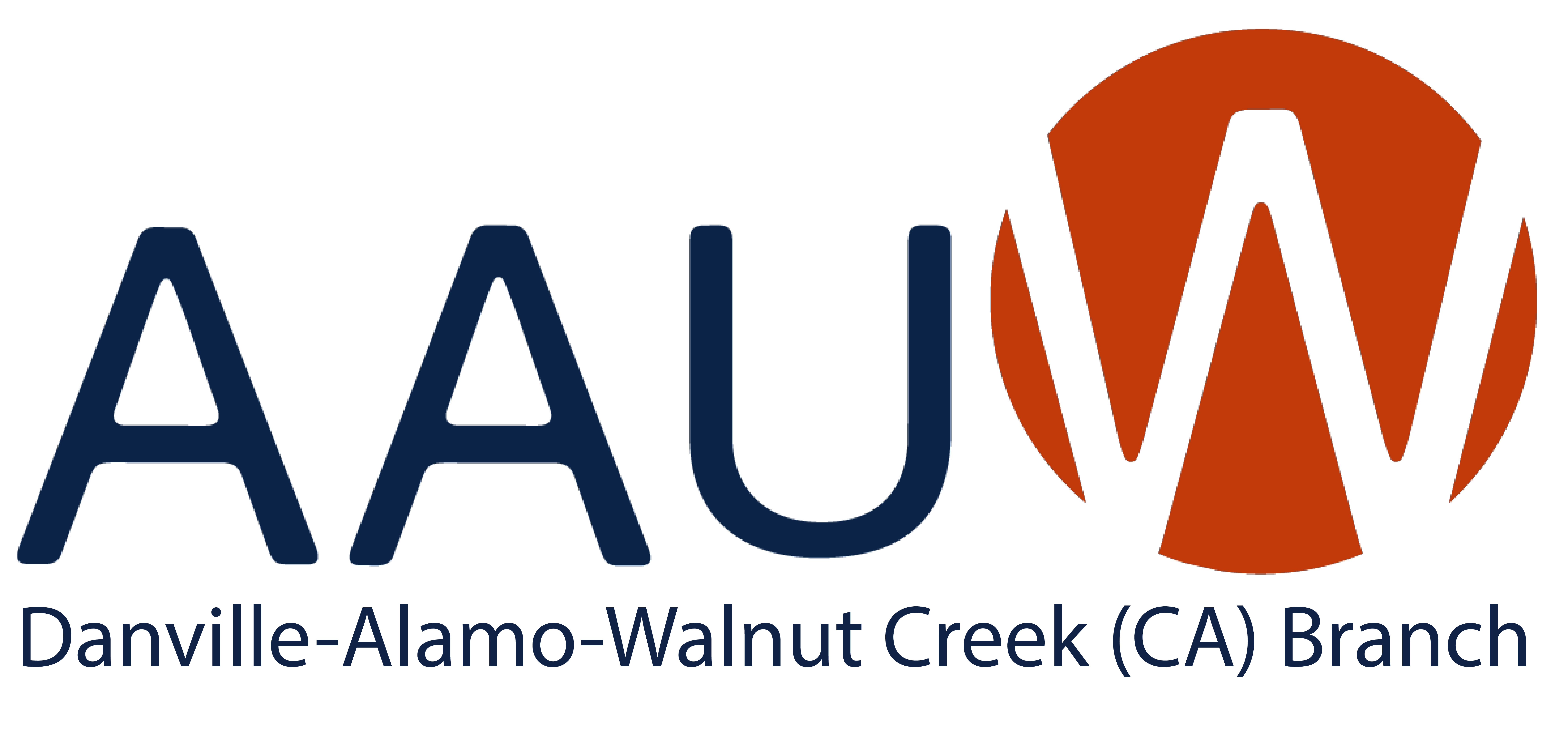
By Asha Bajaj and Ogie Strogatz, Public Policy Co-chairs
(April, 2022)
AAUW California reviewed the current state legislature bills and picked 3 to support and co-sponsor. These bills were presented to legislators on AAUW California’s Lobby Day held on March 21 and 22.
Here is a short re-cap of the bills –
AB1394 – authored by Assemblymember Buffy Wicks
This bill addresses the soaring rates of child sexual exploitation and sex trafficking by amending current law to hold social media platforms accountable to survivors.
It would allow victims of child sexual exploitation and trafficking to sue a social media platform for between $1 million and $5 million if the victim can prove the platform design knowingly, recklessly or negligently facilitated the use of code words for sexual predators to describe the type of child and the type of sexual activity that resulted in the act of exploitation.
SB287 – authored by Senator Nancy Skinner
This bill would prohibit a social media platform from using a design, algorithm, or feature that the platform knows, or should know, causes child users to: purchase fentanyl; inflict harm on themselves or others; develop an eating disorder or engage in dangerous dieting; purposely take their own lives; and/or experience addiction to the social media platform. A victim of any of these consequences can sue the platform for up to $250,000 for each violation.
AB549 -co-authored by Assemblymember Rebecca Bauer-Kahn and Assemblymember Lisa Calderon
The convention on the elimination of all forms of discrimination against women referred to as CEDAW was an international treaty adopted in 1979 by the United Nation General assembly. It has been described as an international bill of women’s rights. This bill requires all state agencies to conduct an evaluation of all their departments to ensure the state does not discriminate against women, and report their findings every 2 years and adopt the language of the CEDAW declaration of the UN in 1979 regarding equal opportunities for women.
Stay involved! Stay alert! Stay engaged!
(February, 2022)
We saw the new Congress and the battle for speakership play out as Mr. Kevin McCarthy was sworn in for the majority party in Washington.
Mr. Gavin Newsom signed several bills last month; here is a re-cap of the California issues close to AAUW public policy priorities.
Senate Bill 1375, reproductive access, and sanctuary state
A new law will give qualified nurse practitioners and certified nurse midwives the ability to perform first-trimester abortions in California without the supervision of a physician.
The law, Senate Bill 1375 authored by Senate Pro Tem Toni Atkins, builds on two existing laws: Assembly Bill 890, which passed in 2020, and allows nurse practitioners to practice independently and Atkins’ own AB 154, which passed in 2013 and permitted nurse practitioners to conduct first-trimester abortions under a doctor’s supervision. In November, California voters approved Prop. 1, a ballot measure that codified abortion as a constitutional right in the state.
Assembly Bill 257, the FAST Recovery Act, wage and working conditions in the restaurant industry
AB 257, or the FAST Recovery Act, would create a first-of-its-kind fast-food council to set rules for chains with a hundred or more restaurants nationally. Tia Koonse is the legal and policy research manager at the UCLA Labor Center and says pay is just one part of the plan. “AB 257 would address working conditions that have been long-standing issues in the fast-food industry,” Koonse said. “So, safety, harassment, violence, retaliation, wage theft. That’s certainly not the experience of all fast-food workers, but a significant and sizable amount; more than other industries.”
Assembly Bill 2282, hate crimes at schools
Assembly Bill 2282, which takes effect on the first of the year, increases penalties for people who use hateful symbols as part of hate crimes — swastikas, nooses, desecrated crosses — and expands restricted locations to include K-12 schools and colleges. The bill was introduced in March by Democratic Assembly member Rebecca Bauer-Kahan and 17 co-authors from every legislative ethnic caucus. It passed the Senate 39-0
Minimum wage increase, in accordance with Senate Bill 3 passed in 2016. On Jan. 1, the minimum wage in California will increase to $15.50 an hour. The minimum wage has been gradually increasing under a 2016 law that brought workers’ hourly minimum pay from $10 to $15. While larger companies hit the $15 per hour minimum wage in January 2022, smaller businesses had an extra year to meet the requirement.
The extra 50-cent boost in 2023 is because the law includes a provision requiring the minimum wage to increase with inflation. The Department of Finance certified in July that a 7.9% year-over-year increase in the Consumer Price Index would require the minimum wage to increase to $15.50 in 2023 for small and large businesses.
Senate Bill 731, expanded eligibility for sealing criminal records
SB 731, authored by Democratic Senator Maria Elena Durazo, will allow people who have served time on or after Jan. 1, 2005, to automatically have their records expunged if they haven’t been convicted of another felony in the past four years. Those with violent or serious felonies in their backgrounds wouldn’t get their records automatically sealed, but would be able to petition a court to have them sealed. Sex offenders would not be eligible.
Senate Bill 1137, oil, gas, and community spaces for environmental safety
A law requiring a 1,200-foot space between oil and gas wells and community areas will go into effect on Jan. 1. Environmental groups have rallied behind the idea of SB 1137 for years, saying that a space or “setback zone” will keep communities farther from the impacts of leaking wells and pollution.
But just after the bill was signed into law in September, a referendum effort fueled by oil and gas companies was launched to undo the ruling. Stay tuned!
Assembly Bill 2598, restorative justice in schools ending ‘school-to-prison pipeline’
This new law would task the California Department of Education with developing evidence-based best practices for restorative justice. The law, authored by Democratic Assembly member Dr. Akilah Weber, is an effort to disrupt the so-called “school-to-prison” pipeline, which refers to the disproportionate and increased likelihood of students of color — particularly Black students — being disciplined in school via suspension or police to end up incarcerated as adults. Weber, a physician, said implementing restorative justice practices in schools is a manner of focusing on social determinants of health.
Stay alert! Stay informed! Stay engaged!
Equal Pay Day is Wednesday, March 15, 2023
This date symbolizes how far into the year women must work to earn what men earned in the previous year.
Equal Pay Day was originated by the National Committee on Pay Equity (NCPE) in 1996 as a public awareness event to illustrate the gap between men’s and women’s wages. (It was originally called “National Pay Inequity Awareness Day” and changed to Equal Pay Day in 1998.)
Equal Pay Day is observed on March 15 this year in the United States, but the date changes each year. It is also different for various sub-demographics; for example the wage gap is even greater for most women of color. However, Equal Pay Day is an annual observance that symbolizes the ongoing issue of pay disparity and the wage gap between men and women. Because women earn less, on average, than men, they must work longer for the same amount of pay. Wear red on Equal Pay Day to symbolize how women and minorities are “in the red” with their pay!
